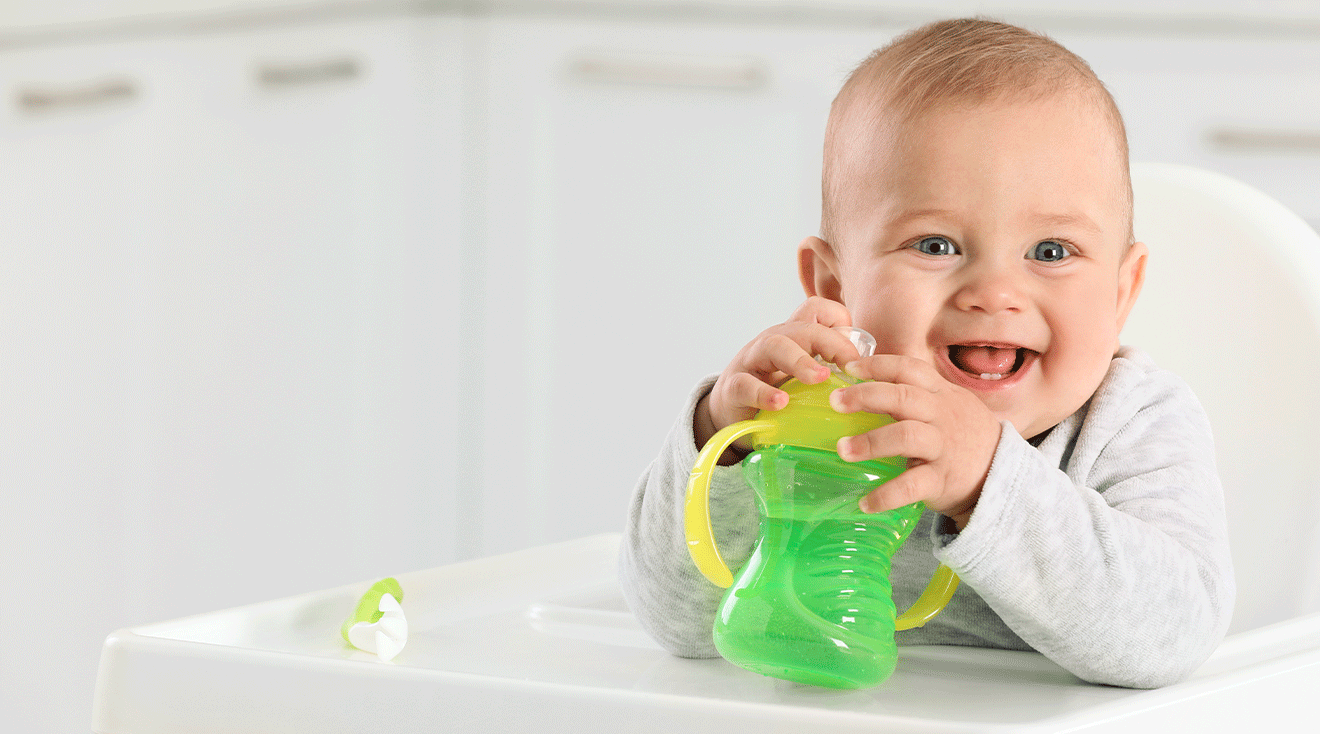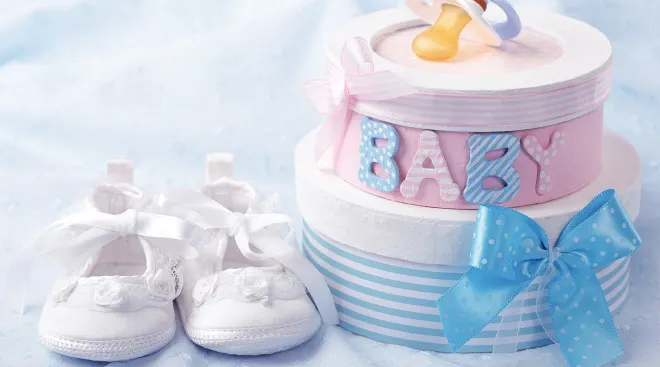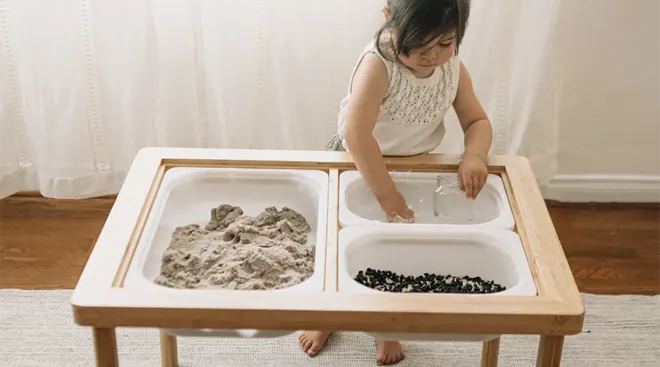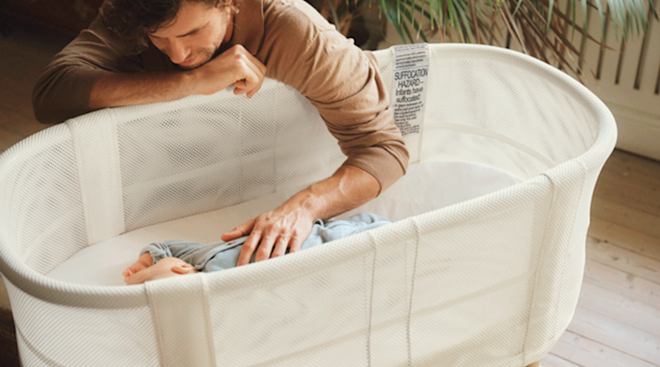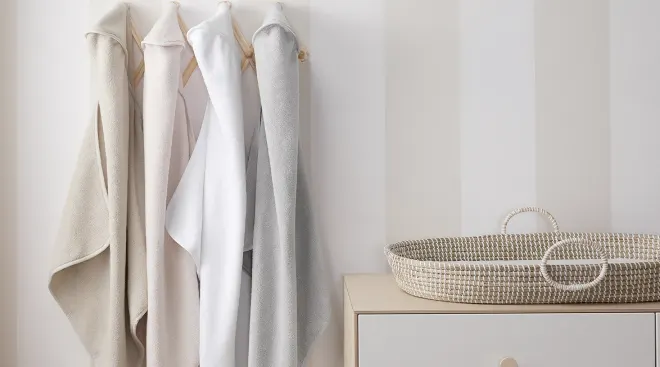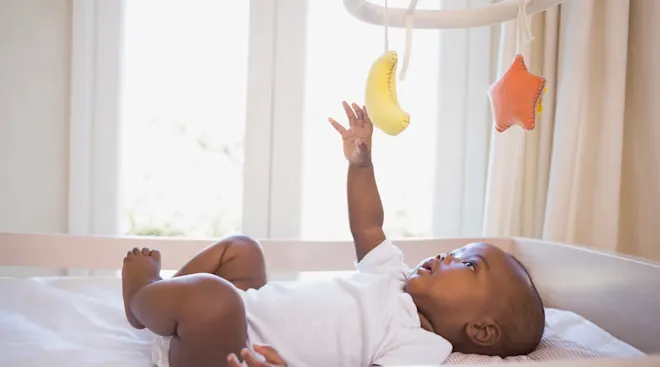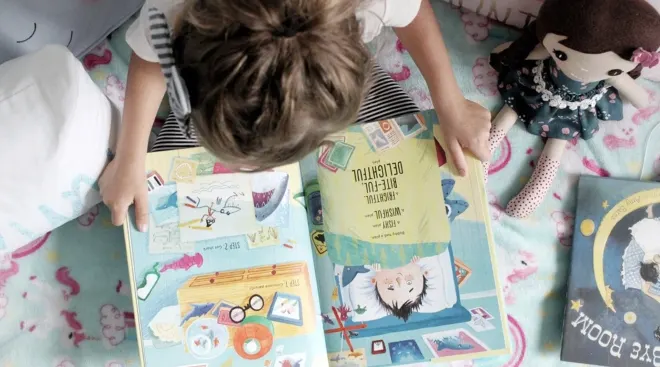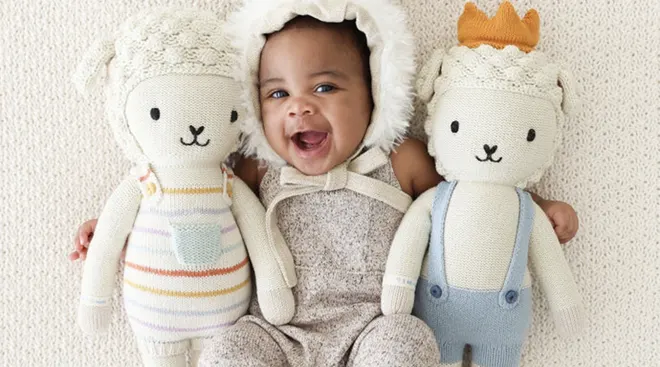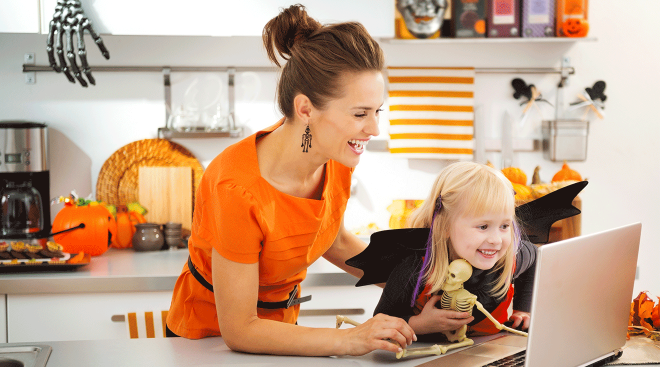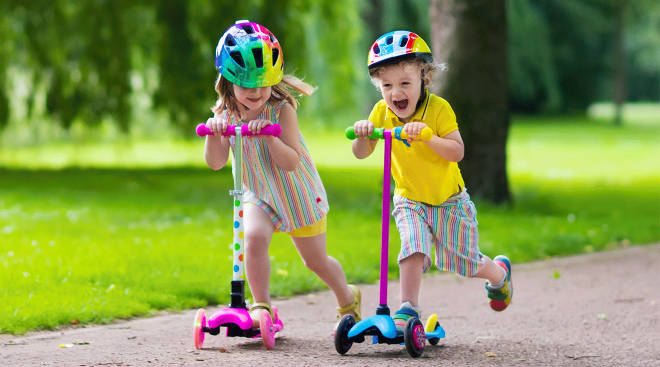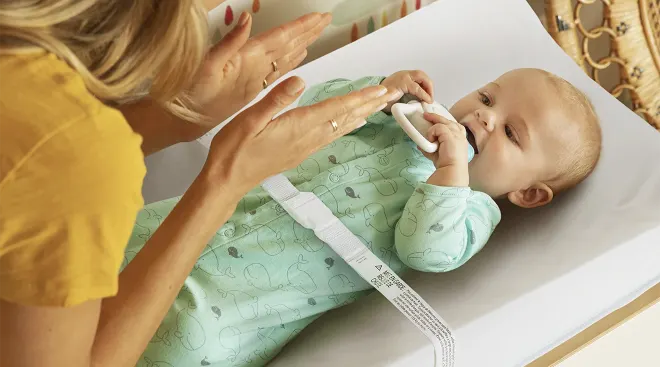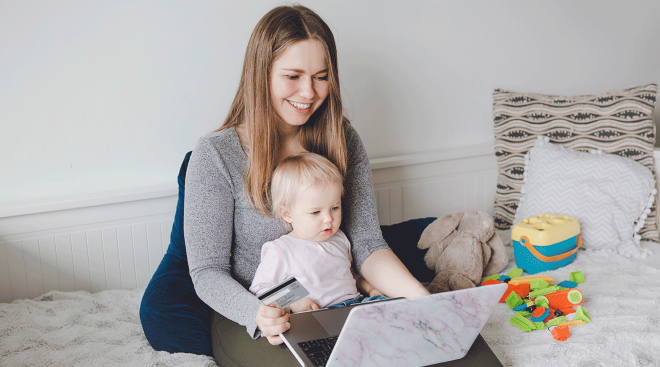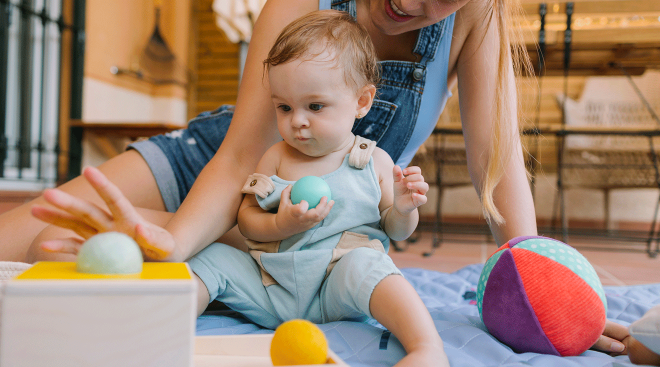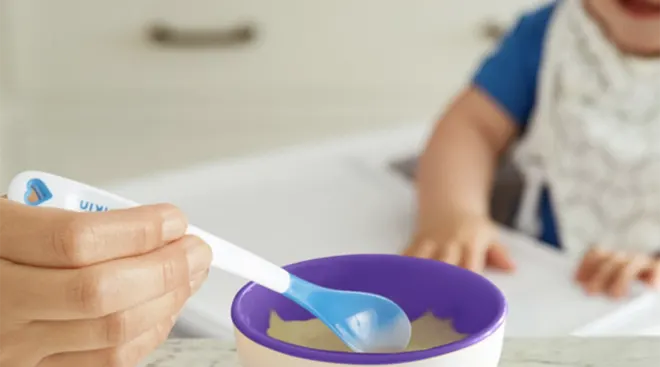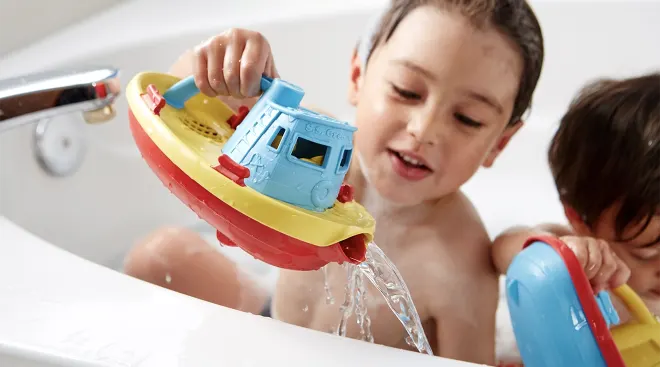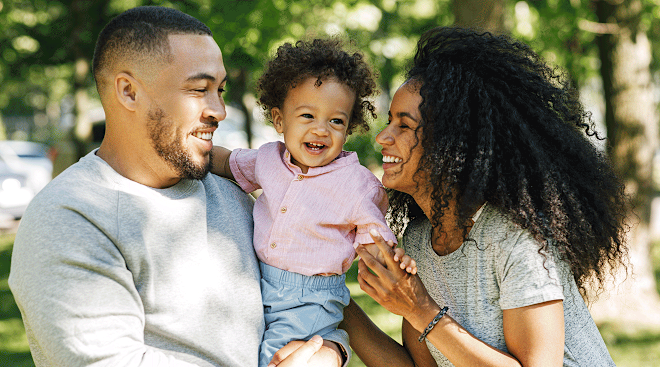7 Best Sippy Cups for Baby and Toddlers, According to Parents
In a nutshell:
Based on feedback from The Bump community, a survey of almost 200 parents and advice from a pediatrician, we chose the Munchkin Miracle 360 Trainer Cup as the overall best sippy cup for baby. It stood out because it’s simple for little ones to sip from and has minimal parts to assemble and clean.
The transition from breast or bottle to independent feeding can be tricky, but a sippy cup can help. It bridges the gap between needing a nipple and using a regular cup, which means less mess and frustration for you and your baby. The American Academy of Pediatrics (AAP) advises that bottles should be phased out entirely between 12 and 24 months. However, it can take some time for kids to master the skill of drinking independently.
Mona Amin, MD, a pediatrician and podcaster based in Miami, Florida, recommends introducing an open or straw cup once your child hits the 6-month mark. If your child kicks up a fuss at first, don’t be discouraged! With time, patience and consistent use, your little one will easily pick up the necessary skills. Here, find parent-approved sippy cups for babies and toddlers as well as expert tips on how to ease the transition to independent feeding.
To streamline your search for the best baby sippy cups, we got feedback from dozens of parents from The Bump community and conducted extensive market research. This way, you don’t have to spend hours scrolling through online retailers. When creating this article:
- We surveyed almost 200 members of The Bump community and asked about the sippy cups they used with their families. We then asked parents to rate specific brands and products based on their firsthand experience.
- We checked what was being said about sippy cups for toddlers and infants in The Bump forums to learn what parents liked (and disliked) about certain types and products.
- We interviewed a pediatrician for advice on transitioning baby from a bottle to a sippy cup and what developmental cues to look for before making the change.
- We consulted safety guidelines from the AAP and the American Dental Association (ADA) to better understand how different types of sippy cups can impact baby’s teeth and for advice on transitioning baby from bottle to cup.
- To understand how these top-rated sippy cups have worked for a variety of families nationwide, we conducted exhaustive market research, scouring forums and message boards and reading user reviews.
- We looked at the most popular sippy cups on the market and considered several factors—like capacity options, material, age rating and price point—when choosing which options to feature in our article.
Editorial integrity is at the heart of everything we publish. Read about how The Bump develops and reviews all articles, including product reviews.
Overall best sippy cup for baby
- 360-degree edge allows sipping from any side
- Minimal parts
- Straightforward assembly and cleaning
- Easy-hold handles
- Parents report leakage, especially if dropped
When we asked parents from The Bump community which baby sippy cups they loved, the Munchkin Miracle 360 Trainer Cup was the most common answer—and it’s easy to see why. The flat-top design allows infants to drink from anywhere along the 360-degree rim (just like a regular cup), making the shift from breast or bottle more seamless. To start sipping, all baby has to do is tilt the cup and suck on the edge. Then, when they stop drinking, the cup automatically seals to reduce the chance of spills. “It’s more like drinking from a real cup. It took a little bit for [my daughter] to figure out how it works, but now she has the hang of it,” shares meq124, a member of The Bump forums. corndogrobot, another forum member, agrees: “I second the Miracle 360° cup by Munchkin. My baby never took a bottle but is loving this cup!”
In addition to the clever spoutless design, the Munchkin Miracle 360 Trainer Cup is packed with plenty of thoughtful details you and baby will appreciate. The two side handles make it easy for little hands to hold onto. Plus, it’s made up of just three parts (the cup itself, the collar and the valve) so it’s super simple to assemble and clean. Parents who responded to our survey also told us they loved how these cups hold up to a lot of wear and tear.
It’s worth noting that while many parents highly praise the Munchkin Miracle 360, it’s not completely spill-proof. If baby throws it or it tips over, expect leakage—especially if it falls directly on the flat top. Moreover, one parent told us that these sippy cups made the initial switch from bottles straightforward, but made the change to normal cups a bit tricky. “With my first, we used almost exclusively Munchkin 360s. We loved them, and he loved them […] However, we found that it was much harder than expected to transition him to straws and normal drinking cups coming from the Munchkin cups,” Jeremy, dad of three, shared.
Despite these potential downsides, the Munchkin Miracle 360 Trainer Cup checks a lot of boxes on our list when it comes to naming the best sippy cup for baby. Time and time again, it comes out on top as the sippy cup that parents say it’s their go-to on a daily basis.
Capacity: 7 oz. | Age rating: 6+ months | Material: Plastic | Dishwasher-safe: Yes (top rack)
Our community says:
We switched to the 360. [My first son] caught on to that quickly. After that, we used the 360 with my other two kids. No issues! – Kathleen P., Mom of three
These cups are super easy for kids to use, dishwasher-safe and hold up to a lot of wear. – Anna*, Mom of a 3-year-old and The Bump survey respondent
After seeing a lot of suggestions on here for the Munchkin 360, we got one, and [my little one] wasn't a fan at first. […] Now he won't take any other sippy cups, only the Munchkin, so it takes a bit of getting used to, but definitely worth it! – kAR8706, The Bump forum member
Best transitional sippy cup with a straw
- Parents say it’s great for transitioning from bottles
- Easy for babies to hold and squeeze
- Ideal for breastfed babies, according to The Bump community
- Hand wash recommended for long-term use
According to Amin, sippy cups with straws are a great way to promote baby’s oral muscle development. If your little one is ready to start using them, you can’t go wrong with the Honey Bear Straw Cup. In fact, some parents say these cups were key to helping their little ones learn the technique. “The Honey Bear cup was the only way I could get my son to figure out how to use a straw," shares nsk489, a member of The Bump forums. This ease of use can be attributed to the soft silicone straws and the fun, effective honey bear shape. Together, these aspects make it super simple for little hands to hold and squeeze as they sip independently.
For beginners, mom-of-one Jaclyn recommends squeezing it and then handing it off to your kiddo. “When we give it to ‘[our daughter], we squeeze it to get the flow started, and she takes over from there and will continue to know to suck on the straw when she goes back to it. Basically, she just needs that one kickstart to know what to do with it,” Jaclyn explains.
Even better, parents say the unique design of these sippy cups is ideal for breastfed babies. “Because of the shape, as a baby who's been exclusively breastfed, it's easier for [my daughter] to hold onto it herself versus a smooth cup. I'm a big, big fan of the bears,” says Jaclyn. What’s more, each two-pack of bears also comes with two replacement straws, two straw brushes and a bottle brush to make cleaning a breeze. All in all, these sippy straw cups are a great option for beginners and older tots alike.
Capacity: 8 oz. | Age rating: N/A | Material: Silicone | Dishwasher-safe: Yes
Our community says:
These are the only sippy cups our daughter used until she was 22 months! It was so easy for her to start using these and we only transitioned to a new sippy cup because she realized she could aim and squirt water using them. – Carolyn M., Mom of one
As much as I wanted to avoid getting Honey Bear sippy cups aesthetically (lol), we got there. I can't say enough good things about these cups. – Jaclyn B., Mom of one
Best spill-proof sippy cup with straw
- Spill-proof, according to parents
- Flexible, leakproof spout with attached straw
- Also available in stainless steel
- Some parents may not like the character-focused prints
- Hand wash recommended for long-term use
- Intended for toddlers
While some of the best sippy cups teach baby new sipping techniques, unfortunately not all of them are spill-proof. However, according to parents, the Zak Kelso Tumbler is. Each features a silicone sipper spout with a built-in valve that automatically stops liquid from flowing when your child stops drinking. As a result, you can count on the attached, flexible straw to make staying hydrated a breeze while also preventing messes. “We were recommended Zak cups by a few moms because of their zero-spill ability. I will say that part is 100 percent true. I have had zero issues with spilling out of those cups,” Jaclyn told us.
Not only are Zak Kelso Tumblers spill-proof in most situations, but they are also ultra-durable. You’ll love the dependable plastic construction, which is sturdy yet lightweight, ideal for daily, on-the-go use. Designed with travel in mind, they’ll also fit in almost any cup holder. That said, these no-spill cups with straws are intended for toddlers 3 years or older. So, if you use them with a baby or a young tot, they may not be a perfect match just yet. Jaclyn—mom of an infant—shared, “while I know they're going to be great, they were hard for her at first to get the hang of because you do have to have a strong sip to get the water out.”
Capacity: 15 oz. | Age rating: 3+ years | Material: Plastic/silicone | Dishwasher-safe: Yes (top rack)
Our community says:
They're easy to clean, they're durable and the straw isn't super long which is nice. – Jaclyn B., Mom of one
Best baby sippy cup with a weighted straw
- Can be sipped from any angle
- Flip-top lid keeps straw clean
- Easy-hold handles
- Comes with a straw brush
- Some parents report a small amount of leaks
- Mixed reviews on the ease of cleaning
If your child isn’t quite ready to use a standard straw or is still working on the shift from bottle to sippy cup, an option with a weighted straw can help. As its name implies, the Munchkin Any Angle Click Lock Weighted Straw Trainer Cup allows your child to sip from any angle, thanks to the weighted straw. As a result, little ones can hold it similarly to how they would a bottle while still working on new sipping techniques and independent drinking.
Faith, mom of one, told us that she and her daughter are big fans of this sippy straw cup. “She learned to use the straw so fast, and it’s spill-proof. It's still her go-to. We use it every day,” Faith shared. To keep the straw clean when not in use, it has a flip-top lid that securely clicks closed. Other details you’ll love include the easy-hold handles and the included straw brush for straightforward sanitization.
Capacity: 7 oz. | Age rating: 6+ months | Material: Plastic | Dishwasher-safe: Yes (top rack)
Our community says:
It's easy to use, hold and it's leakproof. – Rachel, Mom of a 5-year-old and The Bump survey respondent
This cup is more compatible with baby-led weaning because it mimics just having an open cup with a straw in it. Gina*, Mom of a 2-year-old and The Bump survey respondent
Best convertible sippy cup for baby
- 3-in-1 design grows with baby
- Parents say the lid is very secure
- Internal ounce measurements
- Microwave-safe
- Smallest capacity on our list
- Some parents report leakage
Unlike a transitional design that’s ideal for that first stage of independent feeding, a convertible sippy cup is one that can be used for multiple stages—just like this option from Lalo. The brand always strikes the right balance between style and function, and this baby sippy cup is no exception. Not only does the Little Cup look aesthetically pleasing (it’s available in several modern colorways), but the clever 3-in-1 design will last you for many months to come.
Suitable for little ones as young as 4 months old, the Little Cup starts as a sippy cup with a straw to teach baby the basics. Parents report that the flexible straw makes it simple for beginners to learn how to drink on their own and that the silicone cup is easy for small hands to squeeze to get the flow started. Then, when baby progresses and is ready to sip, simply remove the straw so they can drink through the open spout. In its final stage, it can be used without the lid as an open cup with side handles that are easy for kiddos to grip.
One potential downside is that, true to its name, the Little Cup is tiny. With a capacity of four ounces, it’s the smallest option on our list. Despite that, parents say it’s worth the price, thanks to the high-quality, food-grade silicone construction and the handy internal measurement markers that make it easy to see how much baby has consumed.
Capacity: 4 oz. | Age rating: 4+ months | Material: Silicone | Dishwasher-safe: Yes
Best insulated plastic sippy cup
- Double-wall insulation
- Bite-resistant drinking spout
- Made with BACSHIELD antimicrobial technology
- Mixed reviews about leakage
- Intended for toddlers
Insulated plastic sippy cups for toddlers are ideal for keeping drinks cool throughout the day, no matter what’s on your family’s schedule. Parents love the Tommee Tippee Superstar Insulated Toddler Sippy Cup for this reason and many more. Each has double-wall insulation to keep condensation at bay and ensure the contents stay cool. Plus, to reduce the chance of spills while you’re out and about, the toddler sippy cup is made with Tommee Tippee’s unique INTELLIVALVE anti-leak technology. The liquid will flow as your child sips but stops when not in use, thanks to the clever two-valve top.
Better yet, this insulated sippy cup has a bite-resistant soft spout, so your little one is less likely to chew through it. For added hygiene purposes, it’s even made with BACSHIELD antimicrobial properties. This means it uses silver-ion technology to protect against unwanted microbes that cause discoloration, staining, odor and general wear and tear over time. Needless to say, if you’re searching for a durable, insulated toddler sippy cup to keep your kiddo hydrated, this is the cup for you.
Capacity: 9 oz. | Age rating: 12+ months | Material: Plastic | Dishwasher-safe: Yes
Our community says:
It really is spill-proof, which is important because [my son] still drops his cup all over the place. But it is super easy to sip from. – tanyak16, The Bump forum member
Best stainless steel sippy cup
- 360-degree edge allows sipping from any side
- Double-wall insulation
- Minimal parts for straightforward assembly
- Parents report leakage, especially if dropped
- High price point
- Intended for toddlers
Those looking for alternatives to plastic that still offer insulation will be fans of stainless steel toddler sippy cups, like this option from Munchkin. Made from premium stainless steel, the Miracle 360° Stainless Steel Sippy Cup has double-wall insulation that’s lightweight yet durable—plus, it keeps drinks cool for up to 15 hours. The cup also comes with a convenient lid that fits over the valve to prevent it from picking up dirt and germs when you’re out and about.
Perhaps best of all, this option boasts many of the same parent-approved features as the Munchkin Miracle 360 Trainer Cup. The spoutless design means kiddos can drink from any edge, and the top seals when drinking stops to prevent spills. It’s also made up of just four pieces (the cup, the valve, the collar and the lid), so cleaning and assembly is a piece of cake. While it doesn't feature easy-grip handles, the sleek, slightly larger 10-ounce design makes it a great choice for toddlers who already have a bit of experience with sippy cups.
Capacity: 10 oz. | Age rating: 12+ months | Material: Stainless steel | Dishwasher-safe: Yes (top rack)
*Note: Some names have been changed due to privacy requests.
Sippy Cup Comparison Chart
| Overall best sippy cup for baby | Best transitional sippy cup with a straw | Best spill-proof sippy cup with straw | Best baby sippy cup with a weighted straw | Best convertible sippy cup for baby | Best insulated plastic sippy cup | Best stainless steel sippy cup | |||
|---|---|---|---|---|---|---|---|---|---|
Overall Best 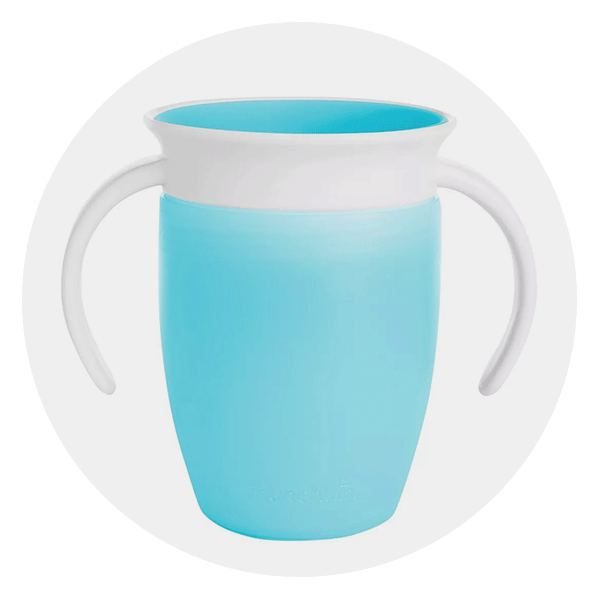 Munchkin Miracle 360 Trainer Cup |  Honey Bear Straw Cups, 2 Pack |  Zak Kelso Tumbler, 2 Pack | 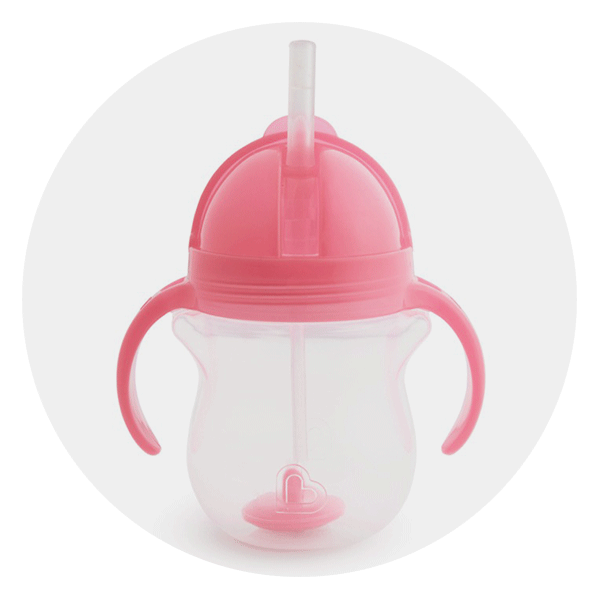 Munchkin Any Angle Click Lock Weighted Straw Trainer Cup | 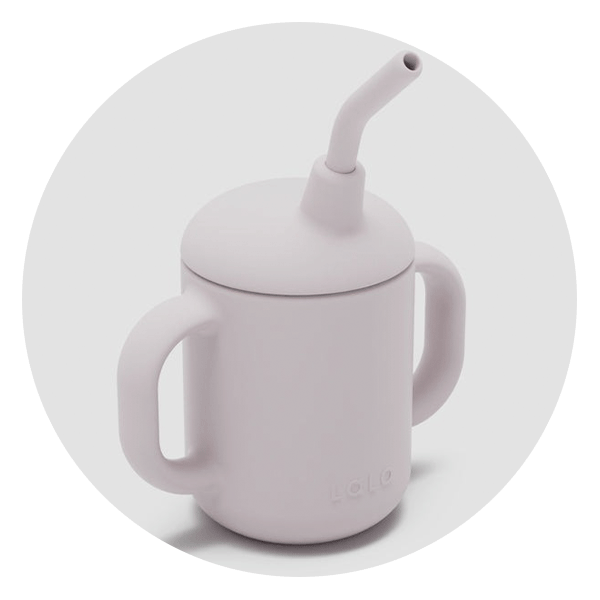 Lalo Little Cup |  Tommee Tippee Superstar Insulated Toddler Sippy Cup, 2 Pack |  Munchkin Miracle 360° Stainless Steel Sippy Cup | |||
| Price | $ | $ | $$ | $ | $$$ | $$ | $$$ | ||
| Capacity | 7 oz. | 8 oz. | 15 oz. | 7 oz. | 4 oz. | 9 oz. | 10 oz. | ||
| Age rating | 6+ months | N/A | 3+ years | 6+ months | 4+ months | 12+ months | 12+ months | ||
| Material | Plastic | Silicone | Plastic and silicone | Plastic | Silicone | Plastic | Stainless steel | ||
| Dishwasher-safe | |||||||||
| Straw | |||||||||
| Microwave-safe | |||||||||
| Buy NowRead Full Review | Buy NowRead Full Review | Buy NowRead Full Review | Buy NowRead Full Review | Buy NowRead Full Review | Buy NowRead Full Review | Buy NowRead Full Review |
Before you begin the process of introducing a sippy cup, look for a few key developmental cues —like sitting upright independently—that indicate baby is ready. “If your baby has an easy-breezy temperament where they adjust quickly, you can cold turkey switch all bottles to cups,” says Amin. But be warned: This tactic may not work for everyone. A more gradual approach would be to replace one daily bottle with a cup, starting with lunchtime feeding, advises Amin. It’ll take a bit more time, but, eventually, all baby’s drinks will be served in a cup, whether they’re having water, breast milk or cow’s milk.
It’s important to note that a sippy cup shouldn’t be used as a pacifier to comfort your child. Moreover, don’t send your child to bed with a cup or bottle.
Sippy cups come in all shapes, sizes and materials—each with benefits and drawbacks. Here’s a breakdown of the five main types on the market:
- Flat-top. Flat-top sippy cups (aka 360 cups) are a great option for kids transitioning away from the bottle or breast. The spoutless design allows your child to drink from any angle. The rim is sealed to prevent spills, but once your child raises the cup to their mouth, the liquid will flow freely. Amin recommends 360 cups for baby’s first 6 to 12 months using a sippy cup.
- Straw. This type of cup has a sealed rim to prevent spills and comes with a built-in straw for young toddlers to drink from. In most cases, the straw is removable for easy cleaning. Amin is a big fan of sippy straw cups, as they encourage oral muscle development that can help with advanced speech patterns. “They also promote sipping versus sucking, which is an important mature jaw movement pattern,” says Amin.
- Open-top. An open-top sippy cup is essentially a regular cup; the only major difference is that it’s small enough for little hands to grasp. Some open-top sippy cups have suction bases and are made from durable, child-friendly materials like silicone. Alongside flat-top and straw cups, this type is one of the best options to promote healthy oral development.
- Hard spout: Cups with a hard spout are typically made from firm plastic, which toddlers won’t be able to chew through. Spout cups are sealed to prevent spills. However, as this type encourages a sucking motion to drink (rather than sipping), they’re not recommended by the American Dental Association (ADA).
- Soft spout. This type of sippy cup has a soft spout—usually made from flexible plastic—that closely resembles a bottle teat. Soft spouts are gentle on teething gums but can prolong the weaning process since they mimic bottle feeding. According to Amin, soft and hard spout sippy cups encourage an immature tongue-thrust pattern, which allows liquid to pool around the teeth, leading to an increased risk of cavities.
About the writer:
Emma O’Regan-Reidy is an editor for The Bump. She specializes in writing e-commerce content and has spent years researching top-rated baby brands for feeding gear, including bottles and sippy cups. As a result, she knows just what to look for (and what to avoid) when picking out the best sippy cups for babies and toddlers. Based on her extensive market knowledge, she aims to create engaging articles that benefit and guide new parents.
Plus, more from The Bump:
Mona Amin, MD, is a board-certified pediatrician based in Miami, Florida. She is also the host of the PedsDocTalk podcast. She received her degree from ATSU School of Osteopathic Medicine in Arizona, and completed her pediatric residency at the Bernard and Millie Duker Children’s Hospital in Albany, New York.
Healthy Children (AAP), From Bottle to Cup: Helping Your Child Make a Healthy Transition, July 2023
Mouth Healthy (ADA), Training Cups and Your Toddler’s Teeth
The Bump September 2023 Survey. Editors conducted a survey of almost 200 parents from The Bump community and asked what baby sippy cups they’ve used with their children.
Navigate forward to interact with the calendar and select a date. Press the question mark key to get the keyboard shortcuts for changing dates.

































